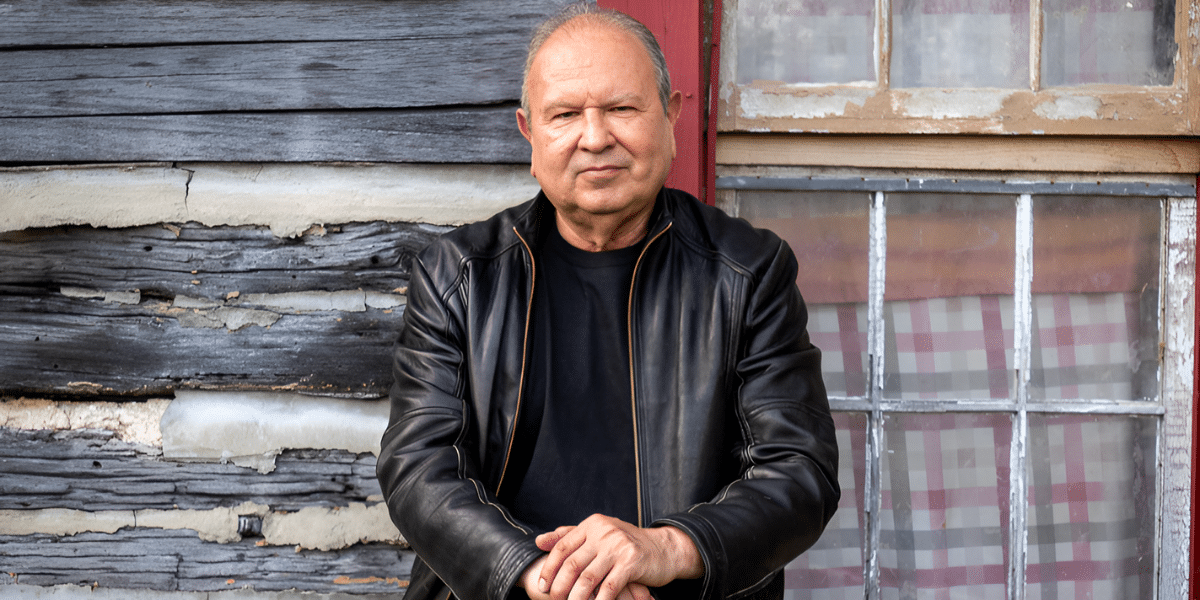In February 2022, Josh Fields penned an op-ed in the Philadelphia Inquirer that presented a solution to the hiring conundrum employers are facing daily. Fields is the co-founder and CEO of The Next Step Programs, a non-profit that helps people with disabilities transition out of high school and into independence. By then, the Great Resignation was in full effect — 4 million Americans were quitting their jobs every month and the Commerce Department was reporting 11 million positions were going unfilled.
“If companies cannot find workers, why not recruit employees with disabilities who are qualified and seeking employment?” Fields recalls thinking. “We are working hard every day to teach essential skills and tools necessary to help our young adults gain employment, so I thought all of these companies should be calling us.”
Fast-forward nine months, and The Next Step Programs (TNS) is launching brand-new winter programs in both Bucks County and Cumberland. Fields says that this will be the non-profit’s largest season since its founding 8 years ago.
“We’re serving more than 100 young adults with intellectual disabilities from across the Commonwealth [of Pennsylvania],” he says, clearly pleased. “Better yet, many of our programs this season feature opportunities and experiences for young adults to gain skills in communication, employability, independent living, and critical thinking.”
TNS’s growth is remarkable considering that, thanks to Covid, it lost nearly two years of in-person training. Fields says that the pandemic forced a major pivot, but there was never any question of pressing the pause button.
“We had to innovate a lot of our employee and volunteer retention strategies,” he recalls. “And we had to build new ways to grow community while being separated from one another, which initially sounded like an oxymoron.”
Staffers used Google Drive, Slack, and Zoom to stay connected with one another in a virtualized office. Because many of TNS’s staff are people with disabilities themselves, Fields created additional avenues for communication that could support its uniquely inclusive environment while keeping everyone engaged. The way that programs were offered also had to be modified, as Fields and others responded to the changing needs of families. For an organization devoted to bringing people out into the open, Covid proved a remarkable challenge. “It was very important that the material and programs we developed fit the current issues our community has been facing,” he says.
Just weeks after the White House declared the pandemic officially over, TNS was serving more young adults with disabilities than ever before. Since then, Fields has been making big plans to expand the organization’s impact.
“A big challenge this year was ensuring the facilities and space to offer our programs both in an internal and external [community-based] manner,” Fields says. “We invested in a new Career & Community Center in Doylestown, PA and developed lasting partnerships with businesses across the regions we serve.”
Further investments in infrastructure, staffing, and resource development are being worked out. In January, TNS will open an extension of its main Community Center featuring a kitchen for cooking and healthy eating classes, a fitness center to expand fitness and health programs, and a mock apartment to teach overnight and independent living skills. Next year, Fields wants to expand the model he’s developed to new communities across Pennsylvania, including the West Chester, Pittsburgh, and Lancaster areas. In keeping with its mission of inclusivity, these programs are open to all families from all backgrounds.
Ironically, the pandemic may ultimately end up turbo-charging TNS’s growth. Job openings remain at record highs, and Fields still believes that his program offers at least a partial solution. “Disability,” he says, “is cross-sectional. It impacts families and individuals from all backgrounds, races, genders, ethnicities, socioeconomic classes, and religions.” In other words, exactly the kind of diversity that corporations say they are looking for nowadays. And, according to Fields, young adults with disabilities tend to have higher retention rates than their peers without disabilities.
“Once they are trained and invested in a job, they become loyal and dedicated employees motivated to ensure the bottom line of the organization,” Fields affirms. “Within our own community, our young adults are not just finding new jobs, they are also maintaining the careers they are building. They grow, we grow, and the companies they work for grow, too.”









